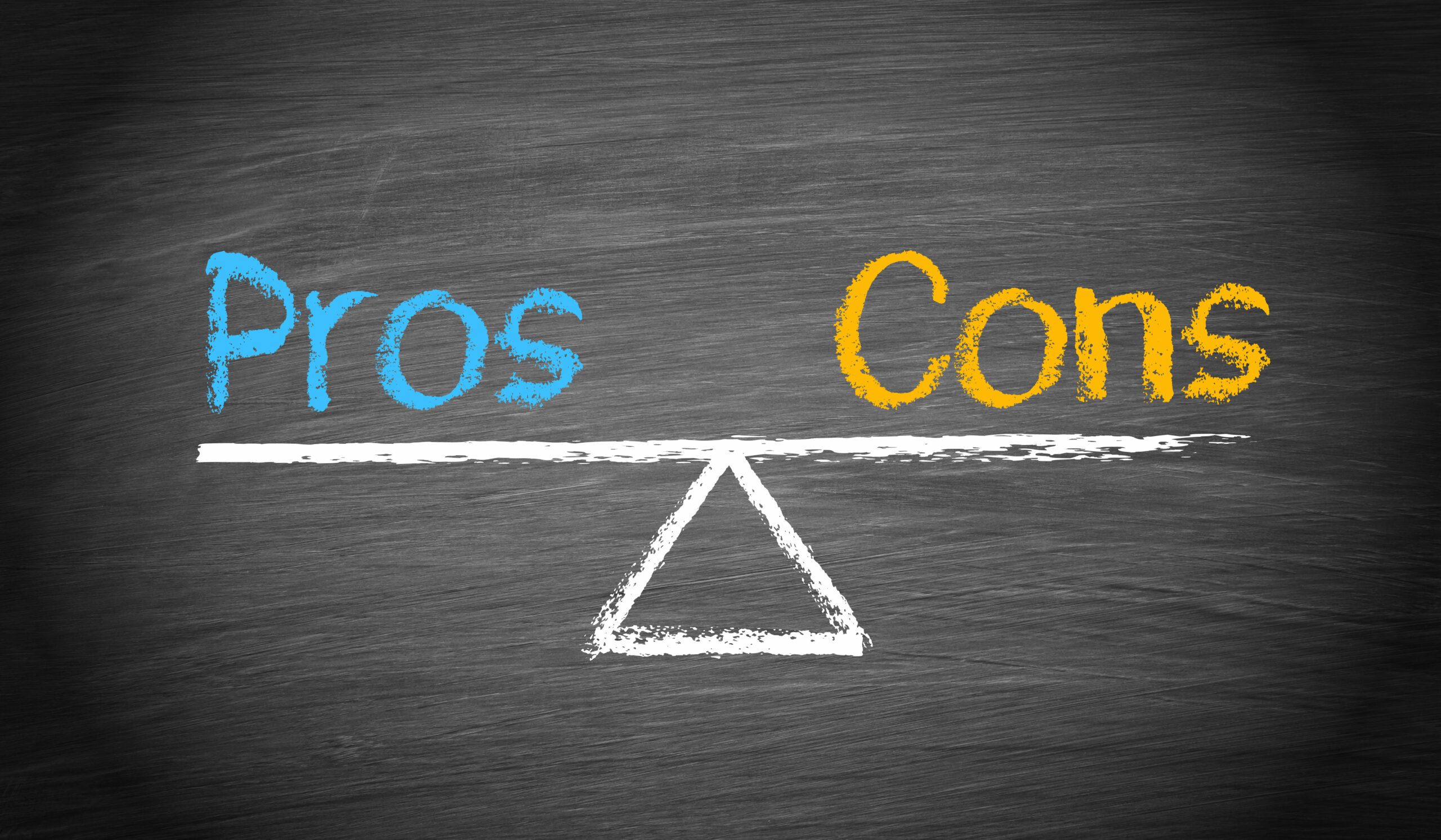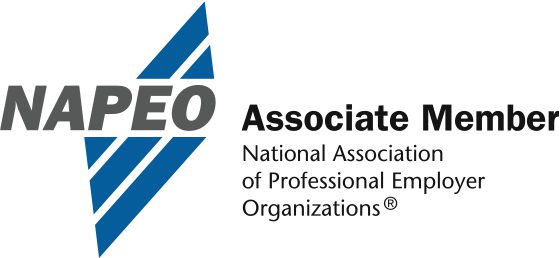The Real Impact of a PEO: Pros and Cons
In the ever-evolving landscape of modern business, the concept of a Professional Employer Organization (PEO) has emerged as a true game-changer. PEOs offer a comprehensive suite of services that can streamline human resources operations, mitigate risks, and enhance employee satisfaction. Want to know what is a PEO?
Aspen HR, a leading PEO provider, stands at the forefront of this revolution, delivering top-tier services that cater to the unique needs of businesses. If you’re considering using a PEO, it’s important to weigh the potential benefits and drawbacks equally, in order to make a more informed decision.
Understanding the PEO & PEO Services
So, what exactly is a PEO? A Professional Employer Organization is a firm that provides comprehensive HR solutions for small to mid-sized businesses. PEOs manage a wide range of employee-related tasks such as employee benefits, payroll, workers’ compensation, and risk management. Delve deeper into the concept of co-employment with a PEO.
Advantages of PEOs
Partnering with a PEO has a lot of obvious benefits. Financially, it offers a return on investment by reducing the cost of managing HR in-house. As an example, for a 30 employee company, a PEO’s annual fee will likely be in the range of $30,000-$45,000 and that is before any cost savings on employee benefits. The cost to hire a HR director is usually at least $100,000. If you’re exploring options, consider checking out PEO alternatives for employers.
PEOs also provide legal protection by providing guidance regarding labor laws and regulations. They administer workers’ compensation programs, and enhance the employee experience by procuring and administering comprehensive benefits packages. PEOs also assist in attracting and recruiting high-quality talent, helping business owners ensure they have a top notch team.
Disadvantages of PEOs
While the benefits are substantial, there are also some potential drawbacks to consider. Communication delays are sometimes an issue when an organization depends on a third-party to provide core services. If you’re considering the transition, here’s your guide to a successful PEO transition. It’s important to ask your PEO what their service model is, their client retention rate and average response time to requests. Of course, when you partner with the right PEO, like Aspen HR, these issues won’t be a problem. We obsessively measure response times and our white glove HR service ensures accuracy and client satisfaction.
Of course, some businesses may feel a loss of control by outsourcing certain internal processes to a third-party partner. These companies are probably not good candidates for any type of core service outsourcing.
PEO vs. In-House HR: A Comparative Analysis
Maintaining an in-house HR department comes with challenges, including the cost of hiring and maintaining a full HR staff and staying updated on labor laws and regulations. In many cases, especially for small to mid-sized businesses, a PEO is often a more cost-effective and efficient choice.
The Role of PEO in Compliance and Risk Management
PEOs play a crucial role in helping businesses stay compliant with laws and regulations in their industry, state, and country. They have the expertise to navigate the complex landscape of labor laws, reducing the risk of non-compliance penalties and employment lawsuits. PEOs also manage business risks by providing workers’ compensation and managing claims.
The Impact of PEO on Employee Benefits and Satisfaction
PEOs can often significantly enhance employee benefits packages by leveraging their larger pool of clients to negotiate better rates with insurance providers. This not only improves the quality of benefits for all those who are eligible but also contributes to employee satisfaction and retention. In fact, employee turnover at companies that work with a PEO is 10-14% less than at those who don’t.
The Financial Implications of Using a PEO
Using a PEO can be very cost-effective since the cost of hiring, training, and maintaining an in-house HR team is often substantial. By outsourcing these tasks to a PEO, businesses can reduce these costs and focus their resources on core business operations. This is one reason why PEOs are increasingly popular for small and mid-sized businesses.
PEOs can also help organizations save money on benefits. It’s not unusual for PEOs to have access to coverage not widely available. Aspen HR has worked with several clients to find them benefits packages that better fit their needs, at greatly reduced costs.
Selecting the Ideal PEO
When selecting a PEO, it’s important to consider factors such as the range of services offered, the cost, the PEO’s experience and reputation, and the level of customer support. Aspen HR stands out in each of these areas, providing comprehensive, white-glove HR services at competitive prices (with the track record to show for it).
PEOs Offer Significant Benefits to the SMB
While there are both advantages and disadvantages to using a PEO, the benefits often outweigh the drawbacks, especially for small to mid-sized businesses. PEOs play a crucial role in today’s economic landscape, providing valuable services that allow companies to operate more efficiently and effectively.
If a PEO looks like the right choice for your organization, contact Aspen HR today for a free consultation.







